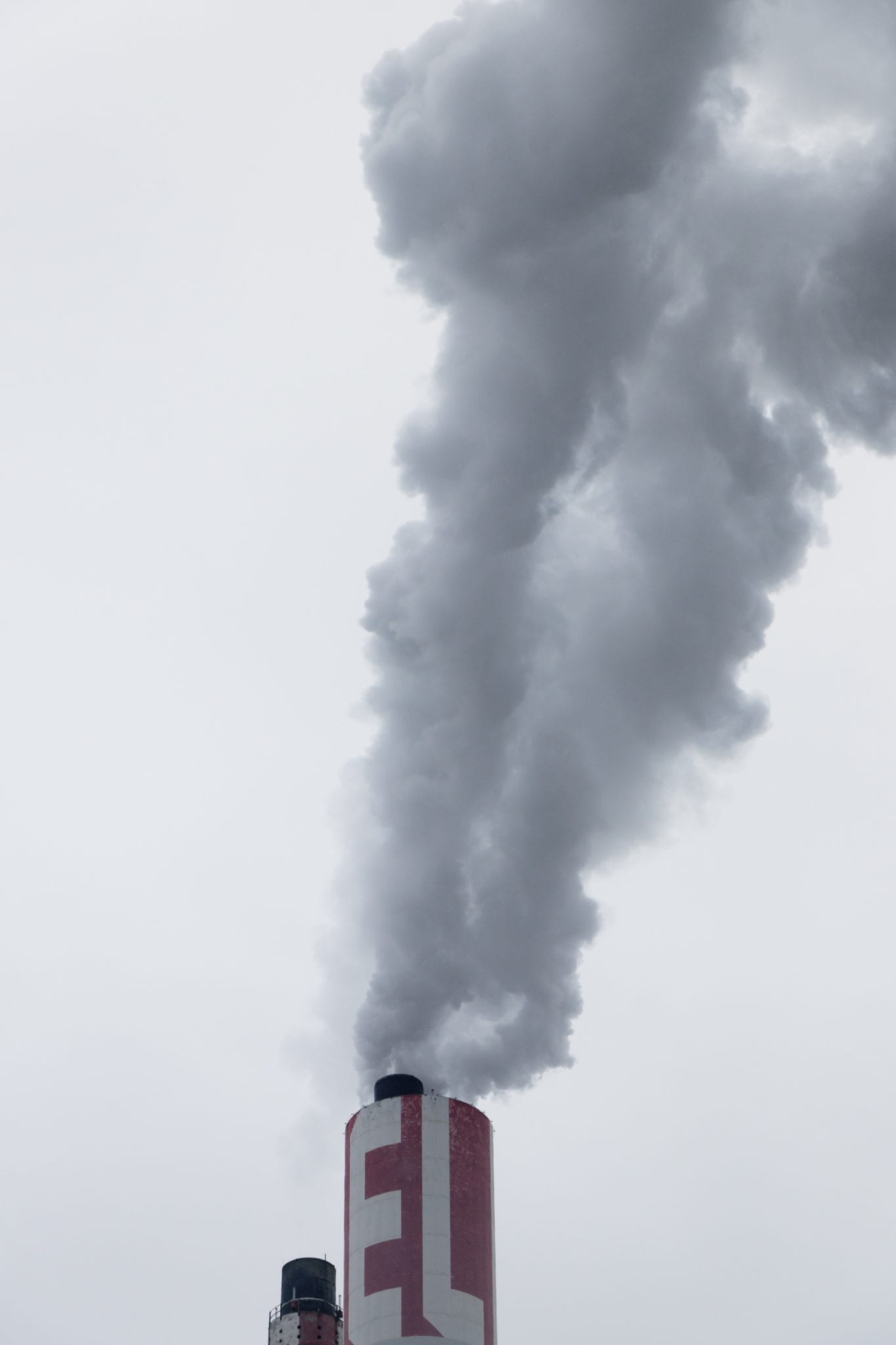Everett Arsenic Remediation Efforts Running Out of Funding
Cydney Gillis decided to get a soil sample taken from her property in 2017 to see if her suspicions about high levels of arsenic contaminating her yard in Everett’s Delta neighborhood in Washington, where the state is struggling to find funding for clean-up, could be confirmed. Much to her dismay, she was right. The site tested high. “I kept hoping, because I was farther away from the site, I might test clean,” said Gillis, 57, in disbelief. Exposure to high levels of arsenic causes major health ailments, including skin disorders, diabetes, high blood pressure, and cancer.
The arsenic was left behind more than 100 years ago by the Everett smelter, operated by Asarco, which had smokestacks that billowed out hazardous chemicals as they heated ore to separate its metals. The smelter operated from 1894 to 1912 and the contaminates released weren’t discovered until 1990. The state discovered the large amounts of arsenic and lead left behind and identified at least 500 properties that would need remediation. There are still 150 homeowners on the waiting list.
$34 million in funds had been allocated toward the project from a settlement received in 2009 from the smelter’s former owner after it declared bankruptcy, and the Department of Ecology says there’s enough money remaining to clean up twenty more properties, scheduled for completion in 2019. Then, there will be less than $1 million to remove all heavy metals from surrounding properties.

Lawmakers promised to follow through with the removal, but unless a new funding source becomes available, those still waiting may be waiting indefinitely. Some are attempting to list their properties for sale, and buyers are purchasing homes in the area for an attractive sticker price to later realize after they’ve closed the deal that the sellers failed to disclose the contamination and ongoing remediation efforts. The Department of Ecology confirmed it is up to a home seller to make such a disclosure, while also stating that the agency does not have the authority to enforce this rule.
“Once we got the settlement, we knew there wasn’t enough to complete all the clean-up that needed to get done,” said Sandra Matthews, the Department of Ecology project manager for the former smelter site, adding, “Arsenic is a hazard if you consume it, and you can protect yourself by washing your hands before you eat.”
As more and more homeowners, such as Gillis, are opting to voluntarily have their properties tested for arsenic, the number requiring remediation is expected to grow. Homes, parks, and industrial areas all still need additional funding to complete the project.
The Department of Ecology has reminded everyone in the area that arsenic exposure is hazardous over time rather than an immediate health risk. Additional guidelines for limiting risk include keeping dust down, wearing gloves while gardening, washing fruits and vegetables before consuming them, taking off shoes when indoors so dirt is not tracked into the house, brushing and bathing outdoor pets often, and washing outside toys regularly. More information regarding clean-up efforts is available on the agency’s website.
Sources:
Everett families living amid arsenic, lead


Join the conversation!